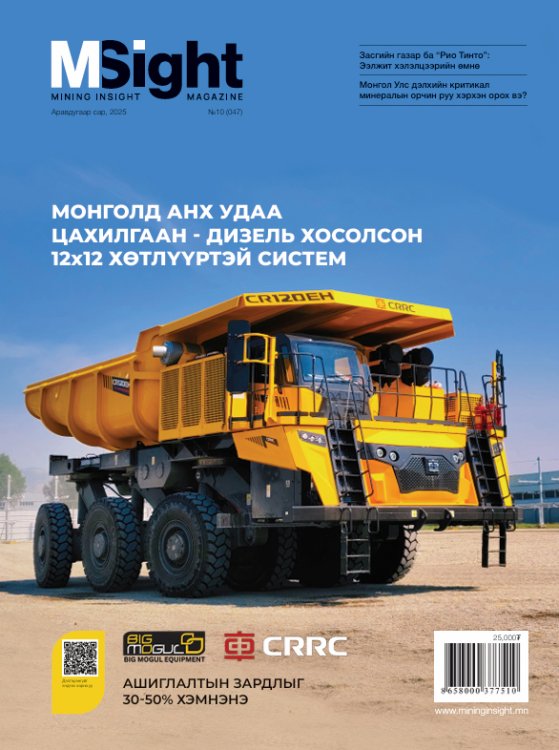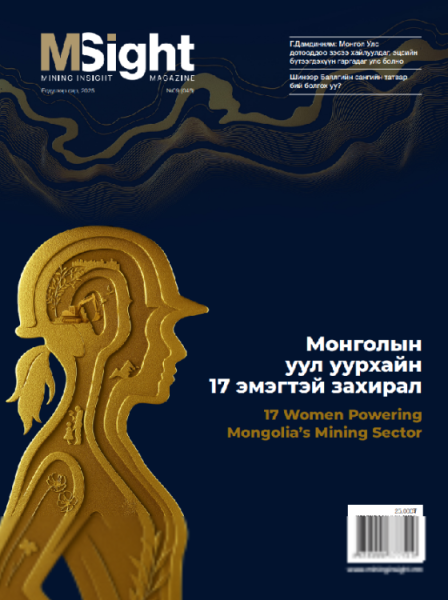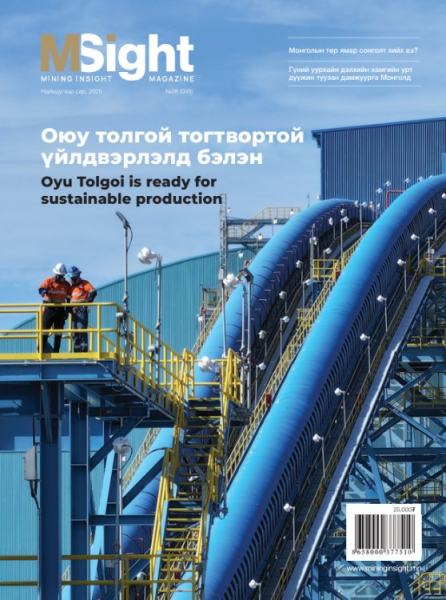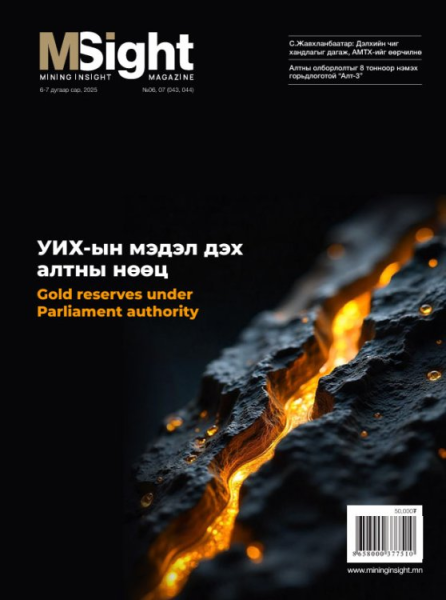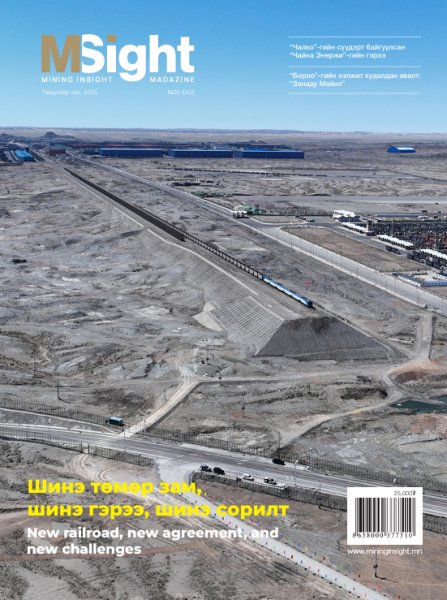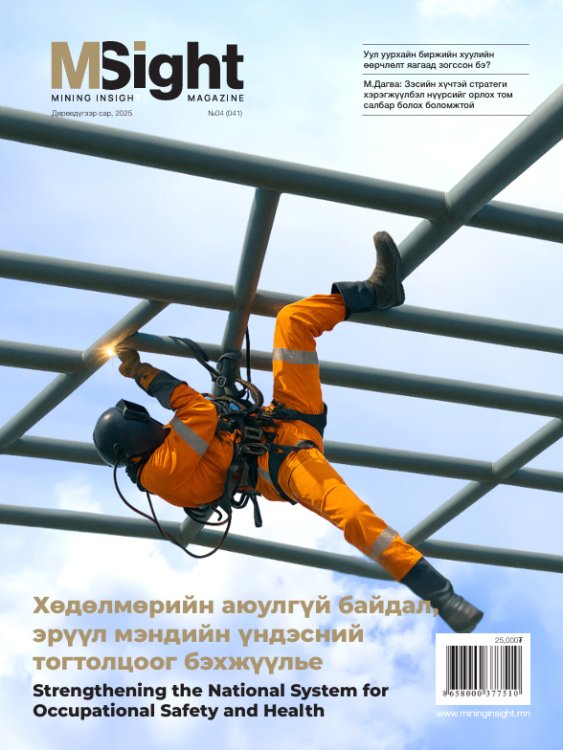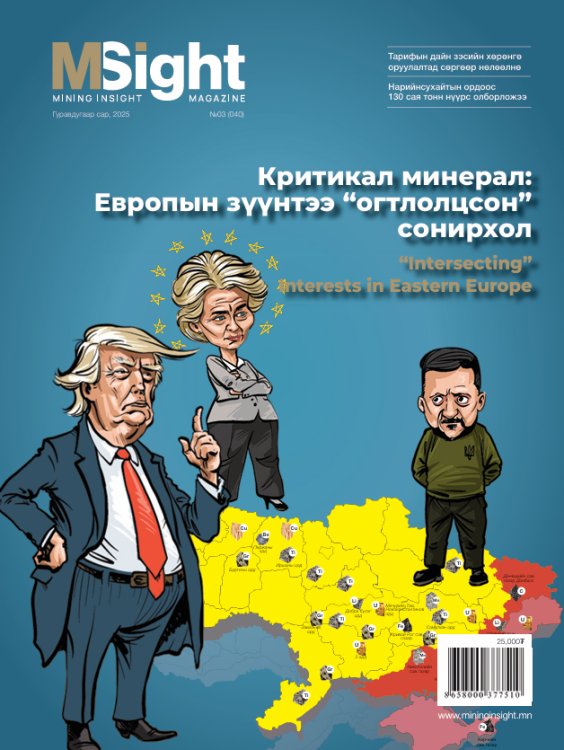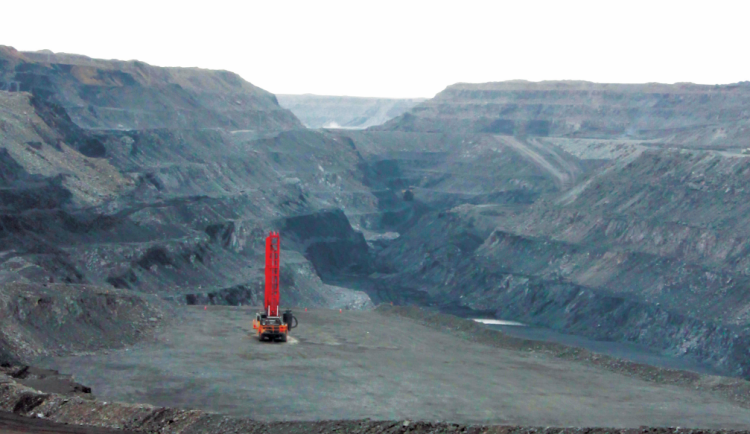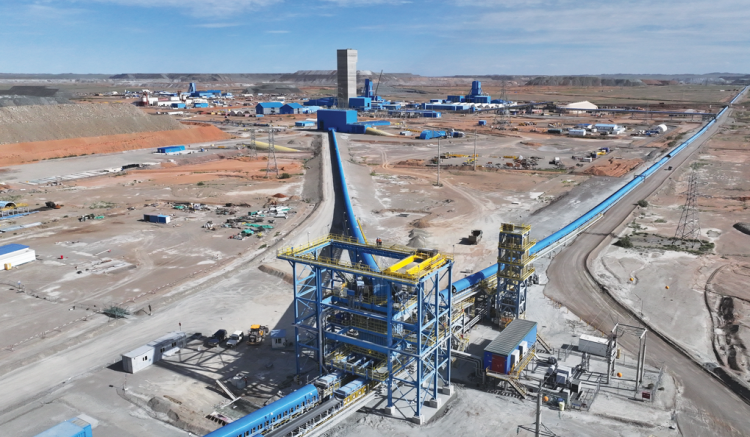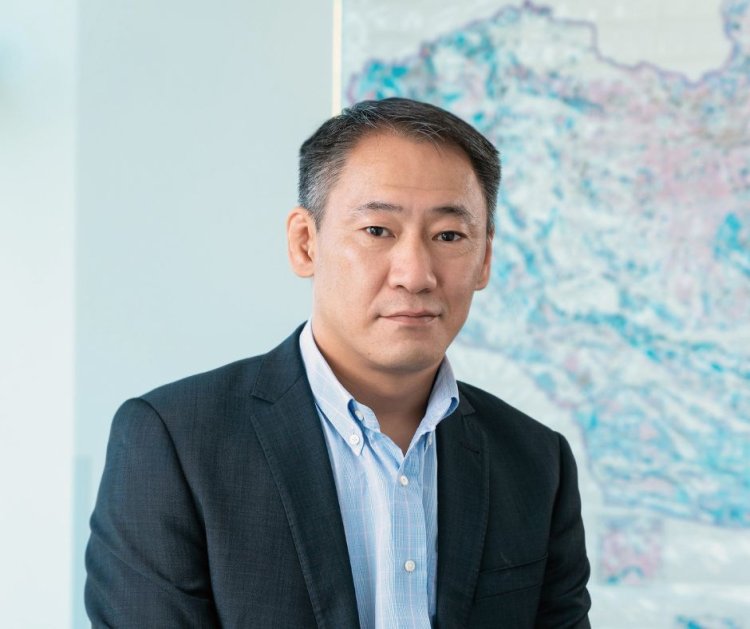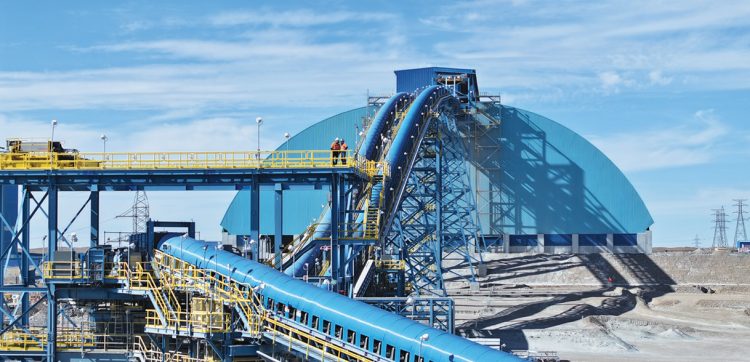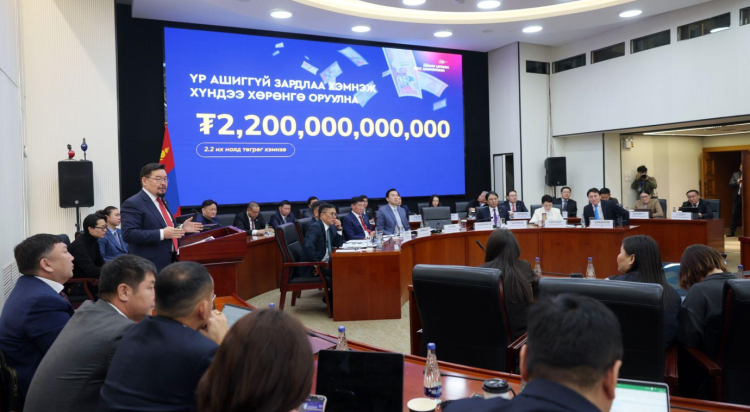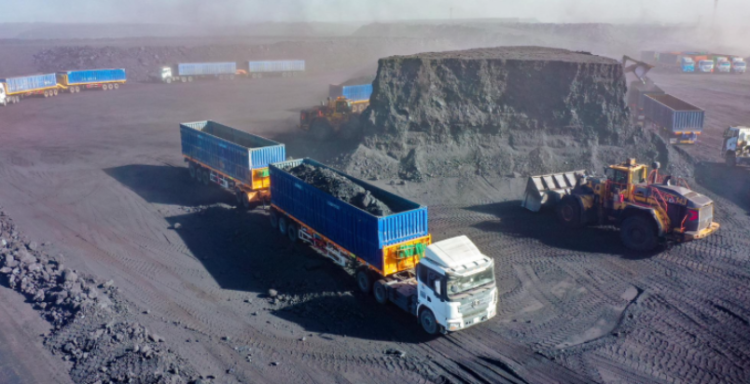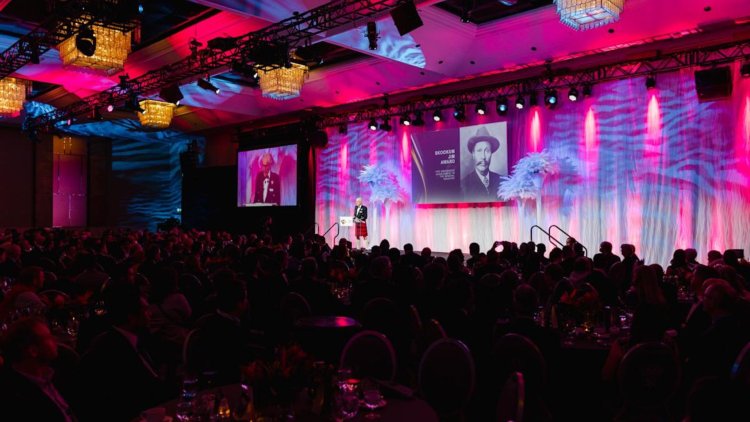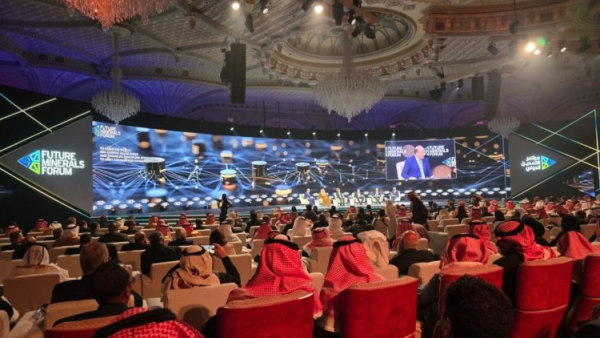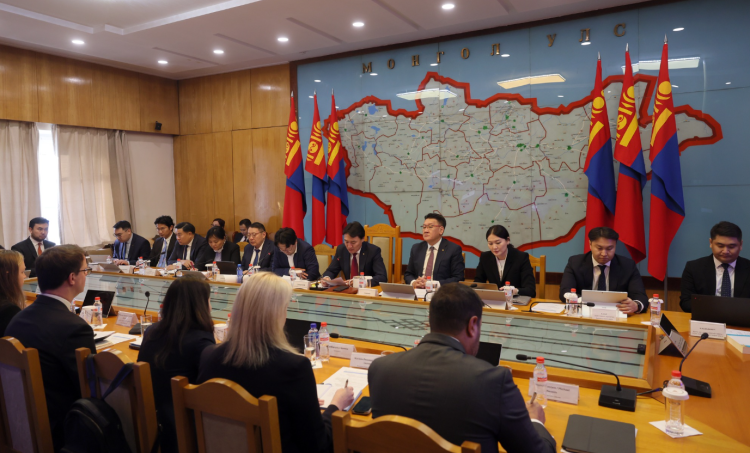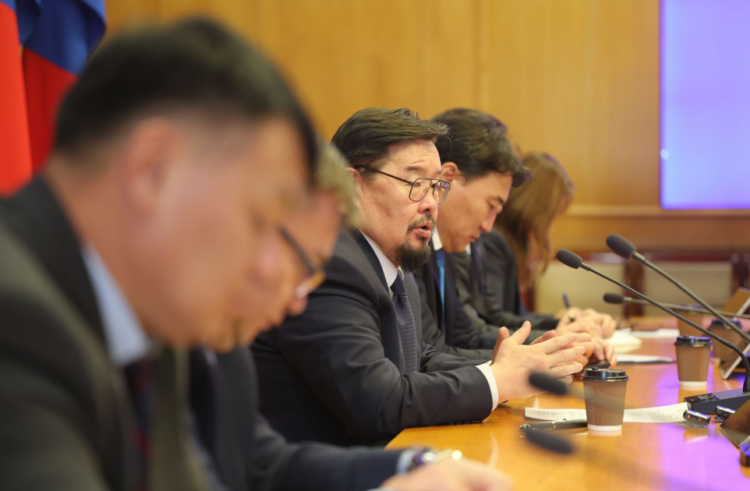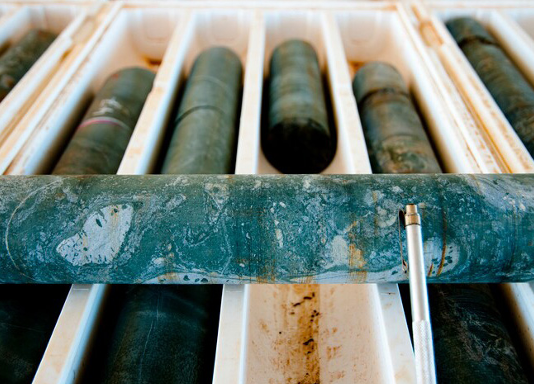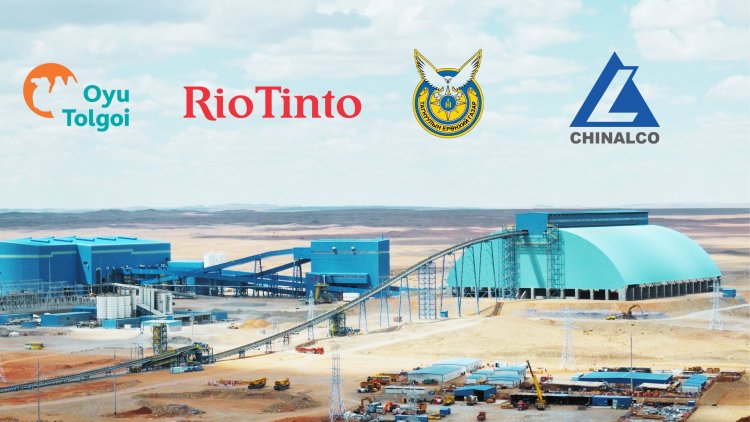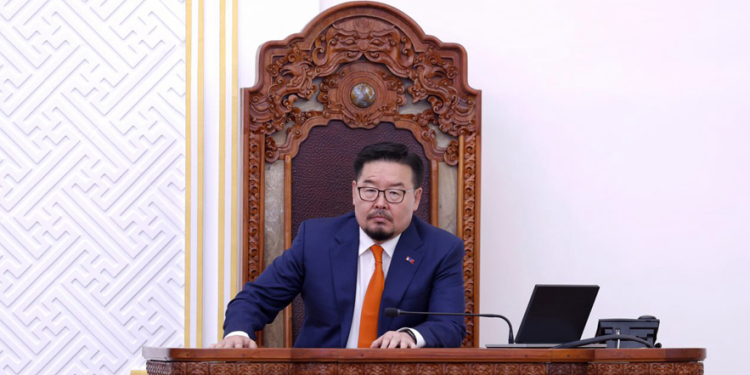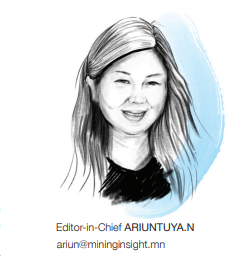
We present a special edition of “Mining Week 2022” this month. It is the first-ever event in Mongolia that attracted all stakeholders in the mining industry to discuss the future development and current problems of the mineral industry for five days. The countries of the world are thinking more seriously than ever before about the profound changes to the green economy, the challenges and new opportunities it brings, and how to adapt to the new reality and where their position will be in the coming shift. At such a critical moment, players of the foundation of Mongolia’s economy have gathered. However, this year’s “Mining Week” focused mostly on domestic issues instead of looking ahead.
“Mining Week” will be held on an annual basis as a tradition from now on. Within the framework of the “Mining Week” joint forum, which was opened in Ulaanbaatar on September 19- 23, the vision of Mongolia’s mineral resources sector was discussed, including the government policy, legal reform, investment environment, green development, industrialization, good governance, local community, labor safety, mining supply, women’s participation, mine closure, rehabilitation, and exploitation of derivative deposits were discussed openly. As detailed in this issue, each plenary and breakout session discussed opportunities for positive changes based on lessons learned so far. There are mostly doom and gloom stories, but there is also some refreshingly bright news. Read them in detail in the overview of each panel discussion. Also, we learned to convey the voices and positions of many people who participated in the forum in our special column. Among them are many people, from Prime Minister L.Oyun-Erdene to a herdsman from Umnugobi S. Enkhbayar. Almost all members of the Cabinet, including the Prime Minister and the Chief of the Cabinet Secretariat, participated in the “Mining Week” meetings. A lot of people heard beautiful words.
As part of the New Recovery Policy, encouraging progress is promised, such as creating infrastructure, increasing export ports and gateways, improving capacity, creating the necessary legal framework, and supporting investors. But there is a world of difference between talking nicely and proving it with actions. May the government’s announcement from the podium of “Mining Week-2022” be implemented. In this regard, we have published key messages from comparative information and opinions, so we suggest our readers save the magazine until next year’s Mining Week. Mongolia’s mining industry has moved past its 30 years of mistakes and is facing a new cycle of moving forward in harmony with the changing world. The expectation was strong for the minerals law revision in the last 2 years, but it has weakened and lost its momentum. The green transition calls on the countries of the world to determine their future critical mineral policy and find their places, and while everyone is competing with their methods to stay ahead of it, Mongolia may be left behind wondering.
At such a moment, J.Ganbaatar, who is sitting in the Parliament for two years, is starting a new career path as the Minister of Mining and Heavy Industry. Despite his comment on the country’s past mistakes, the new Minister noticed from the atmosphere of “Mining Week” that reforms are expected to move the stagnant Mongolian mining industry forward. The extent to which he is a reformer depends on the success of his ambitious changes in the sector. First of all, there is an expectation that the expected legal reform will be boldly carried out and the exploration that has been stopped will be pushed forward. Furthermore, what position will Mongolia take in the future mineral network and what policies and strategies will it implement will largely depend on the current steps and vision of the Ministry of Mining and Heavy Industry and how well the government can understand the process. Thus, the 2023 Mining Week will have a special meaning with great progress, keeping pace with others, and pointing to the future. This year’s “Mining Week” has been a great experience.



